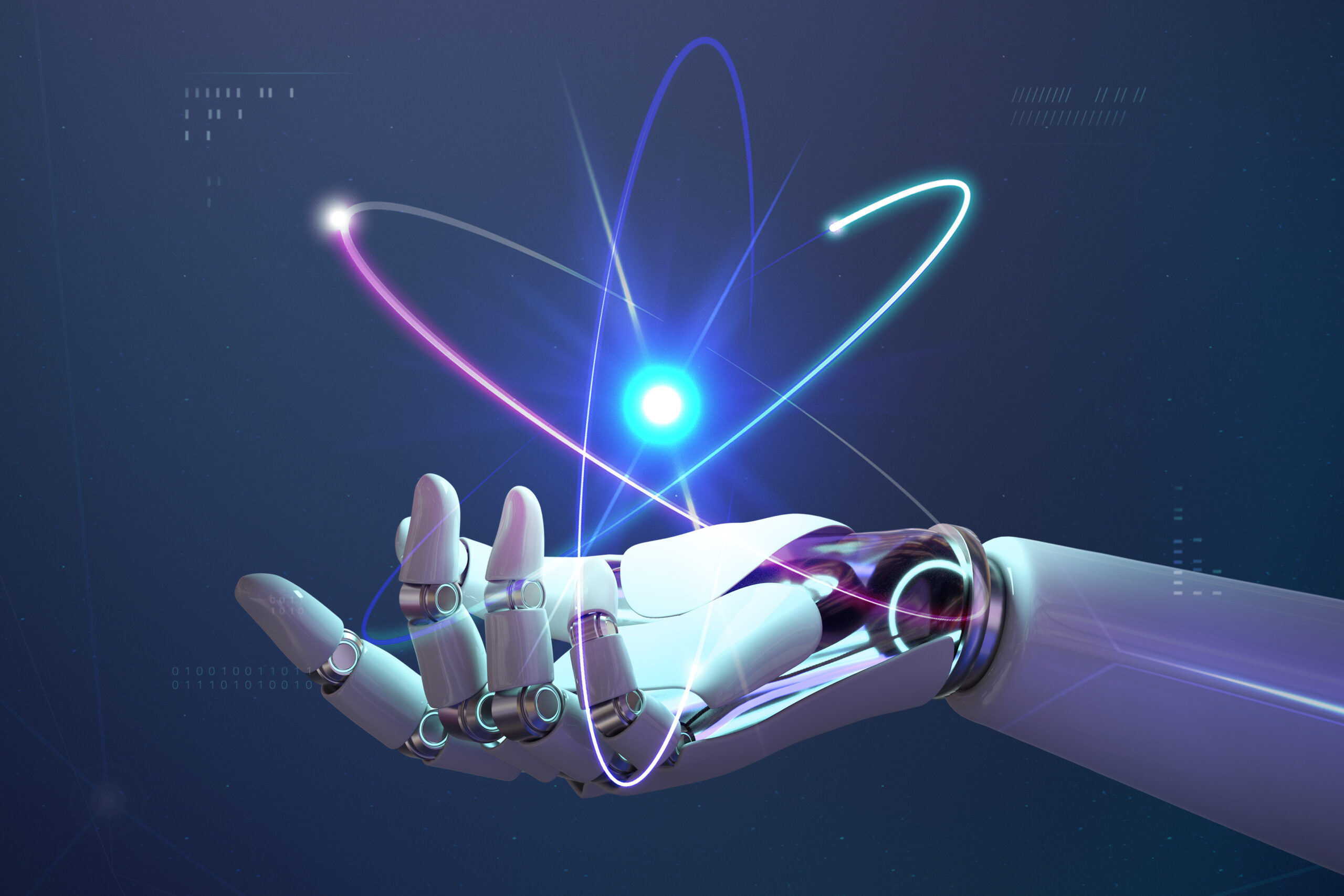AI Development Companies and the Shift to Cognitive Automation
Beyond RPA

In the rapidly transforming digital landscape, businesses are moving beyond traditional automation and embracing cognitive technologies. At the center of this shift are AI development companies, enabling organizations to evolve from rule-based automation to systems that learn, adapt, and think. This transition marks a pivotal moment in enterprise automation, where cognitive automation is no longer a luxury but a strategic necessity.
The End of RPA’s Dominance?
Robotic Process Automation (RPA) was once the gold standard in business process automation. It offered companies a way to streamline repetitive, rules-based tasks using software “robots.” Industries from banking to retail reaped immediate benefits—faster processing times, reduced errors, and lower operational costs.
However, the value RPA offers is fundamentally limited. While it mimics human actions, it doesn’t mimic human thought. It cannot interpret unstructured data, make informed decisions, or improve on its own over time. Once processes change or require judgment, RPA falters.
This limitation has led forward-thinking enterprises to seek solutions that don’t just automate work—they aim to augment intelligence.
The Rise of Cognitive Automation
Cognitive automation steps in where RPA stops. It combines artificial intelligence, machine learning, natural language processing, and data analytics to create systems that can understand context, interpret intent, and make decisions with limited or no human input.
Unlike RPA, which follows explicit instructions, cognitive systems learn from data patterns and human feedback. This ability to evolve with time and experience makes them invaluable in dynamic environments.
For example:
- In finance, cognitive bots can read contracts, extract key clauses, and flag inconsistencies.
- In healthcare, AI systems analyze medical records to support clinical decisions or identify patterns in patient data.
- In customer service, virtual agents powered by NLP handle nuanced conversations, detect sentiment, and escalate only when necessary.
Why AI Development Companies Are Central to This Shift
The move from RPA to cognitive automation isn’t a simple upgrade—it’s a transformation. It requires deep expertise in AI technologies, access to large datasets, understanding of industry-specific workflows, and the ability to build adaptive systems. That’s where AI development companies play a critical role.
These firms bring together data scientists, AI engineers, software developers, and domain experts to create custom solutions that fit each organization’s unique challenges. They don’t just build software—they architect intelligence.
Some of the key roles they play include:
1. Strategic AI Consultation
2. Custom Model Development
3. Data Engineering and Training
4. Scalable Integration
Step 4: Level of Control Required
Is this a core product or a side project?
→ For core work, augment your team. For non-core tasks, outsource.
Moving from Automation to Augmentation
Cognitive automation doesn’t mean replacing people; it means rethinking their role. Instead of spending hours on repetitive tasks, employees become decision-makers, analysts, and strategists—working alongside machines, not beneath them.
This shift from automation to augmentation allows organizations to:
React faster to market changes
Offer hyper-personalized experiences
Reduce operational risks through intelligent insights
Innovate continuously by uncovering hidden patterns in data
It’s not just about doing things faster—it’s about doing them smarter.
The Competitive Edge of Early Adopters
Enterprises that embrace cognitive automation early are not just improving processes—they are reinventing them. They enjoy first-mover advantages such as:
Adaptive processes: Their workflows evolve as the environment changes.
Higher ROI: AI systems self-optimize, leading to exponential value over time.
Workforce transformation: Teams reskill and shift to higher-value roles, boosting morale and innovation.
AI development companies enable this leap by providing the tools, talent, and technological depth to explore uncharted territory—whether it’s conversational AI, predictive modeling, or cognitive document processing.
Key Technologies Driving the Shift
The transition beyond RPA is powered by an ecosystem of advanced technologies:
Natural Language Processing (NLP): Enables machines to understand and generate human language, essential for customer support, document automation, and chatbots.
Machine Learning (ML): Allows systems to detect patterns and improve decision-making based on data over time.
Computer Vision: Empowers machines to interpret visual information—used in quality checks, surveillance, and remote diagnostics.
Reinforcement Learning: A form of AI where agents learn through trial and error, ideal for optimizing supply chains or robotic control.
Knowledge Graphs: Help AI systems understand relationships between data points, providing context for better recommendations and decisions.
These technologies collectively enable systems to mimic human cognition, learn from experience, and improve autonomously.
Industries Poised for Cognitive Transformation
While nearly every sector stands to benefit, some are already seeing rapid gains:
Banking & Finance: Automated compliance, smart fraud detection, and personalized client advisory.
Healthcare: AI-assisted diagnostics, intelligent scheduling, and predictive treatment plans.
Manufacturing: Smart defect detection, maintenance prediction, and real-time production adjustments.
Retail & E-commerce: Hyper-personalized marketing, intelligent inventory, and sentiment-aware customer support.
AI development companies often specialize in vertical solutions, ensuring that the nuances of each industry are embedded in the design.
Preparing for a Cognitive Future
The shift to cognitive automation is not a technological trend—it’s a business imperative. Companies that rely solely on rule-based automation risk falling behind as competitors use intelligence-driven workflows to adapt, predict, and outperform.
To prepare:
- Audit your current automation landscape.
- Identify areas with high cognitive load or data complexity.
- Partner with an AI development company that has cross-functional capabilities.
- Invest in training and upskilling your teams for AI collaboration.
- Start small, scale fast—build a cognitive foundation and iterate.
Final Thoughts
As automation enters its next chapter, the role of AI development companies becomes more strategic than ever. They are not merely building bots—they are crafting the thinking engines of tomorrow’s enterprises. RPA showed us what machines can do. Cognitive automation reveals what machines can think.
The future belongs to companies who don’t just automate tasks but unlock intelligence at every level of operation. With the right AI partner, that future is not just possible—it’s already unfolding.
